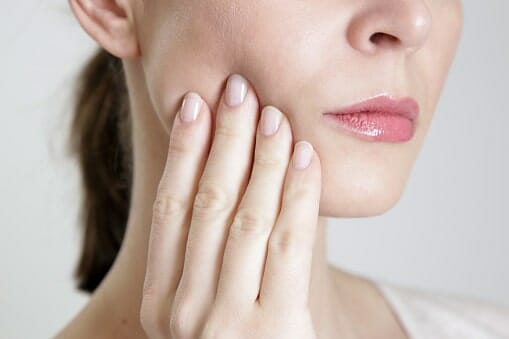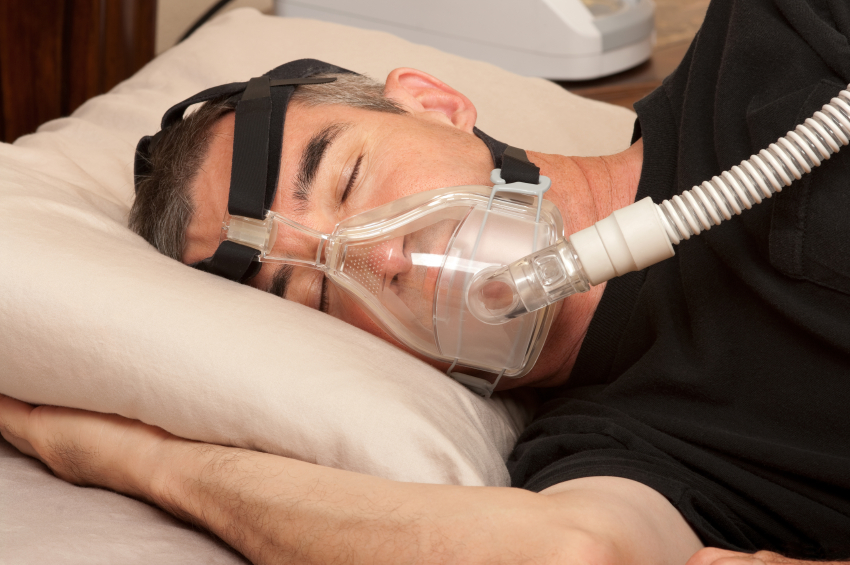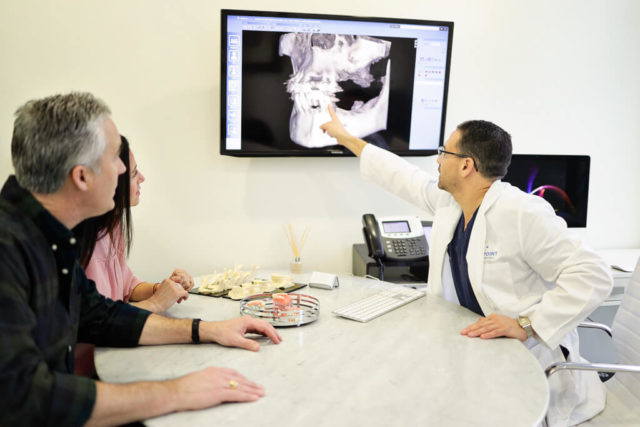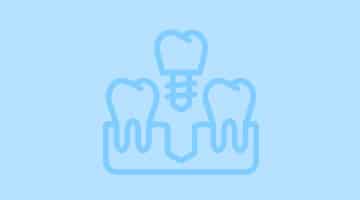From as early as the 15th-century coffee has been enjoyed by people from all over the world. Coffee isn’t just a part of our diets, but many consider drinking or getting coffee an activity. Whether it’s to start your morning, meet up with a friend, enjoy an espresso after a large dinner, or just something to sip on at work to help stay alert or warm, coffee is a staple in many of our, well, lives. Even as an expert dental team and cosmetic dentist in Fort Worth, we love our daily ‘cup of joe’.
Coffee has been woven into history for its incredible taste, soothing aromas, and the ability to give us that extra kick we need. These qualities make it understandable as to why it has become such a major part of modern-day life. In addition to the many positive qualities however, it should be noted that drinking too much coffee does have its negatives, just like anything really. While too much coffee can leave you wired, the high acidity and dark color of coffee can also cause damage and staining to your teeth.
Many of us are aware of the existing research showing that coffee can have negative effects on our oral health, but is it enough to make us seek alternatives? As a group of knowledge-hungry cosmetic dentists in Fort Worth, we examined the facts. With this examination, we can try and determine if this new and crazy invention, clear coffee, could be worth avoiding teeth stains.
Does regular coffee stain or damage your teeth? The truth from a cosmetic dentist in Fort Worth

The short answer is yes, regular coffee over time certainly does stain your teeth. As we all know, while coffee is a particularly dark-colored beverage, it can cause visible teeth discoloration if consumed regularly. Regularly being about 2-4 cups a day. The discoloration is caused by tannins which are also found in darker teas and red wine. Tannins are a type of polyphenol that breaks down in water. Tannins cause color compounds to stick to your teeth which can leave an unwanted yellow hue behind. This yellow hue is more severe if it is not regularly addressed (via brushing twice daily and teeth cleanings two to three times a year).
As a knowledgable dental team and cosmetic dentist in Fort Worth, we have determined that there are options that will keep you happy and your teeth healthy too. By seeking alternatives such as clear coffee, or, if the idea of clear color doesn’t sit well with you, simply reducing your consumption each day and taking good care of your teeth, you can certainly make a difference in combating the long-term effects of this substance.
In addition to the potential issues relating to your bright, white smile, coffee can also cause physical damage to your oral health over time. As previously mentioned, coffee is a very acidic drink. Therefore, consuming large amounts of it can lead to damaging your tooth enamel. To prevent this, your cosmetic dentist in Fort Worth advises coffee lovers to brush their teeth and rinse their mouth shortly after enjoying a cup of coffee to remove some of the acidic residue and in turn, reduce the damage caused. Once again, the best form of prevention remains cutting down on your daily intake if the other prevention methods do not work for you.
Clear Coffee: CLR CFF

If you are a regular coffee drinker and can’t fathom cutting down on your daily dose of espresso, we have some good news. In an attempt to solve coffee’s inevitable effect on teeth, one inventive brand has created the world’s first colorless coffee. Clear Coffee consists of arabica coffee beans from Ethiopia combined with water, just like regularly-colored coffee. The caffeine level is very similar to that of a double espresso. The drink is low in calories and according to the company, it is preservative-free.
The transparent color remains a mystery to this day as the processing method the brand has developed over time is still undisclosed. In addition to keeping teeth stains away, the two brothers behind it, David and Adam Nagy, have often boasted about their product being free from artificial flavors, stabilizers, sugars, and other sweeteners. It does, however, contain added “high-quality natural caffeine” in order to compensate for the caffeine that is lost in the processing of the coffee beans.
So is it worth it? This may be something you just have to find out for yourself. If you are just drinking coffee for its caffeine content rather than the roasted coffee bean aroma look and feel, then this product may be worth a try.
What if you can’t give up regular coffee? That’s okay!

If you can’t imagine a world without that creamy aromatic smell and flavor of regular coffee, there’s no need to worry too much. As we mentioned before, cutting back in combination with maintaining regular oral care should keep you in the “clear.” You can also try adding a pinch of baking soda to your coffee, which lowers the pH acidity levels immensely, helping you defeat the effects of tooth decay as well as an upset stomach.
What if your mouth has endured damage more severe than coffee stains? Our team and expert cosmetic dentist in Fort Worth can help.

If more than just coffee, but other consequential factors have damaged your smile over time leading to tooth loss, etc., we have a solution. At ARCHPOINT Implant dentistry, our team can offer you some of the highest quality care and dental implants in DFW. We specialize in giving our patients back a full, white, and permanent smile with our high-quality implants and a caring and experienced team of experts. Take back your life, take back your smile, and contact us today to learn more.






















